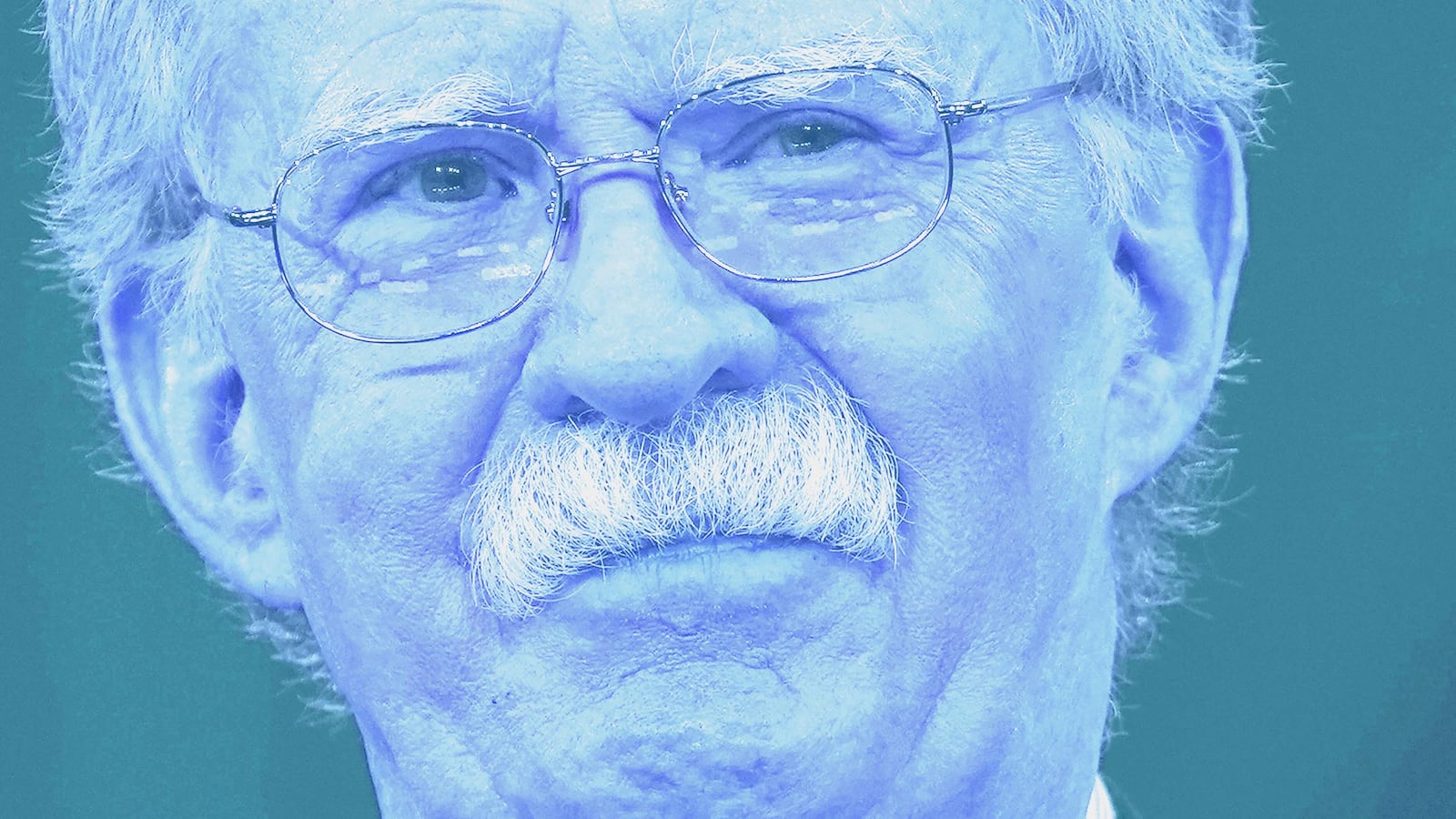In his time outside of public service, former United Nations Ambassador John Bolton has worn many hats. He served as a senior fellow at a top conservative D.C. think tank, a lawyer at a prestigious law firm, a ubiquitous talking head on Fox News and an adviser to politicians, including the current president, who has been strongly considering Bolton as his next national security adviser.
Bolton also dabbled a bit in the private sector. And while most of his ventures have been utterly conventional, at least one was a controversial flop.
Back in 2015, Bolton joined Freedom Capital Investment Management, an upstart investment firm with a novel and somewhat grisly money-making philosophy. Whereas society looked down on businesses like guns, oil and coal, Freedom Capital saw financial opportunities.
The firm was the brainchild of conservative financier Jeff McClure, who envisioned a “socially responsible” fund created for like-minded investors. A number of investment vehicles earmark portions of their portfolios for socially driven ventures. But McClure reasoned that most of those ventures were inherently progressive—green-energy companies and the like—and that a tremendous market opening was there for a fund catering to values-based investments for conservatives.
Freedom Capital did this under the dual banners of profit and patriotism. The firm’s objective was “to wisely invest capital in opportunities that promote prosperity, security, and freedom for the U.S. and its allies.” To hammer home that point, the firm included a pie chart on its website showing $6.57 trillion in market capital being devoted to “socially responsible investing” with $0 having an “American Impact.” (The chart, for some reason, was split evenly between the two even though it was supposed to underscore the imbalance). It also took swipes at those investors who moved money away from socially-maligned companies under public pressure. When the descendants of John D. Rockefeller dumped their fossil‐fuel investments, Freedom Capital put out a press release titled: “John D is Rolling Over in His Grave.”
Bolton’s involvement didn’t appear ceremonial. He was listed as part of the management team on the website and his formal title was senior adviser. A press release announcing his hire noted that he would be “responsible for advising the firm on international security and financial and political risks.”
But the firm flopped. It was being sold off to a real-estate investment firm having struggled to raise equity by the spring of 2017. Securities and Exchange Commission files around that time showed that it had just under $100,000 in total assets.
It appears that Bolton stayed on board even after ownership switched hands—at least for a few months. A spokesperson for Bolton said he resigned from Freedom Capital in January 2018, but declined to comment further.
The famed neoconservative had other private-sector ventures during his time out of government, though none as memorable as Freedom Capital. He served on the boards of Diamond Offshore Drilling, Arizona Chemical Ltd., and EMS Technologies.
Should Bolton return to government service—and he is rumored to among those likely to replace current National Security Council Director H.R. McMaster in Trump’s expected purge of top officials—his time at EMS could prove tricky and may require some ethics compliance steps. The wireless company, a subsidiary of Honeywell International, has won millions of dollars in military contracts.







